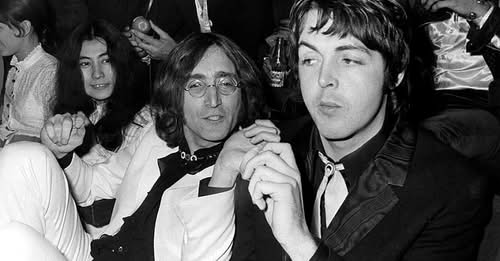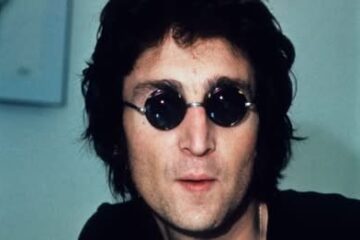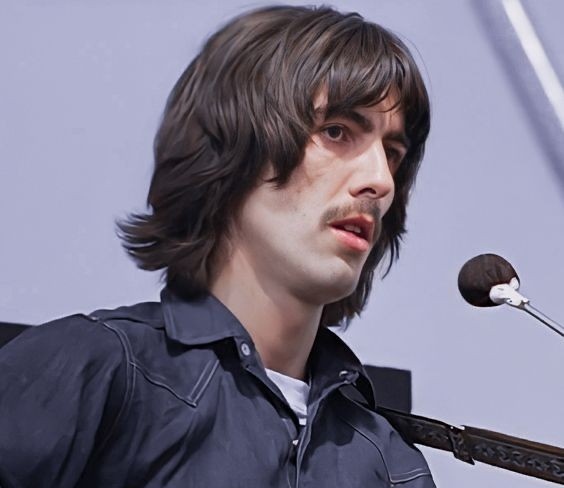The Two Beatles Songs John Lennon Called Paul McCartney’s “Last Gasp”
When Paul McCartney stepped away from The Beatles in April 1970 to pursue a solo career, it was not merely a hiatus but the beginning of the band’s official end. The final nail came months later when McCartney filed a lawsuit against his bandmates and their company, Apple Corps, aiming to formally dissolve the group. The decision stemmed from McCartney’s frustration with Allen Klein, the band’s manager and a controversial figure who held a strong allegiance to John Lennon. McCartney argued that Klein’s management hindered his artistic and financial independence, further deepening the fissures between the band members.
While McCartney’s actions seemed abrupt to some, the breakup of The Beatles had been a long time coming. The band’s meteoric rise, which revolutionized music and culture, had also subjected them to relentless pressure. By the late 1960s, creative differences, personal issues, and the strain of constant scrutiny had taken a toll. Their harmonious peak with Sgt. Pepper’s Lonely Hearts Club Band in 1967 was followed by years of tension and disconnection, culminating in the tumultuous sessions for their final album, Let It Be.
The 2021 documentary Get Back, compiled from unused footage of the band’s Let It Be sessions, offered an intimate glimpse into this period. While moments of camaraderie still surfaced, the film made it clear that the band members were emotionally and mentally exhausted. Amidst this tension, McCartney sensed the inevitable dissolution as early as 1968, during the creation of The White Album.
In the solitude of High Park Farm in Scotland, McCartney penned “The Long and Winding Road.” Inspired by the sight of a winding road disappearing into the hills, the song became a poignant metaphor for the band’s unraveling. Reflecting the melancholy of the time, it captured the unattainable dreams and fading unity of The Beatles. McCartney described it as “a sad song about the road you never quite reach the end of.”
Despite its emotional resonance, John Lennon dismissed both “The Long and Winding Road” and “Let It Be” as McCartney’s “last gasp.” In David Sheff’s All We Are Saying, Lennon said, “Paul again. He had a little spurt just before we split. I think the shock of Yoko Ono and what was happening gave him a creative spurt, including ‘Let It Be’ and ‘The Long and Winding Road,’ ’cause that was the last gasp from him.”
Phil Spector’s involvement with “The Long and Winding Road” further fueled McCartney’s frustration. Brought in by Klein without McCartney’s consent, Spector added orchestral overdubs that McCartney detested. Despite McCartney’s written protests demanding the changes be reversed, the altered version was released. This breach of trust became one of McCartney’s formal reasons for leaving The Beatles, as cited during the band’s dissolution hearing in February 1971.
Ultimately, “The Long and Winding Road” and “Let It Be” stand as enduring testaments to the bittersweet end of an iconic era. They encapsulate McCartney’s heartfelt farewell to a band that redefined music and left an indelible mark on the world.



